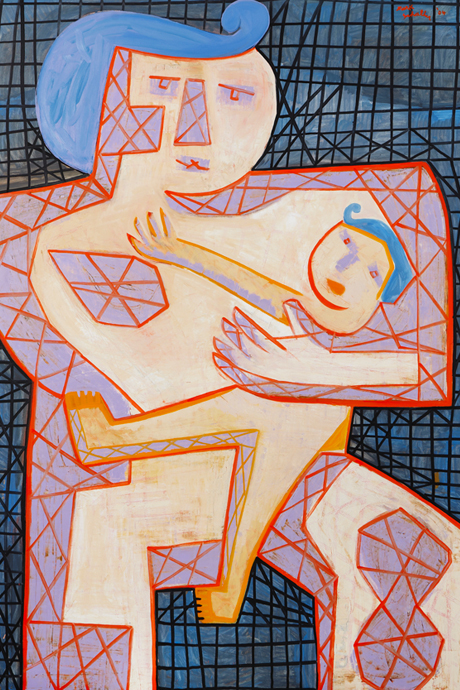Parvovirus or ‘Slapped cheek’
‘Slapped cheek’ is a viral infection called parvovirus B19. Parvovirus can occur at any age, however, it is most commonly found in children between 4 and 10 years. Many of us have had parvovirus, probably as children, generally giving us immunity for life from the virus reoccurring.
Common initial symptoms include fever, aches and pains and a headache. The so-called ‘slapped cheek’ derives from the red rash that may appear on the cheeks after a number of days. This rash may also appear on the back, chest, arms and legs. The rash may come and go for several weeks, and increase with exposure to heat or sunlight, however, will generally resolve in 7-10 days.
Parvovirus is airborne, and contracted via contact with particles of the virus when an infected person coughs or sneezes, similarly to the spread of a cold. The virus is generally contagious for 2 weeks prior to the rash appearing on the body, but once the rah appears, the contagious phase of the infection is over.
If you believe you are exposed to parvovirus while pregnant, which can be quite common if you have other children in day care or school, you should be tested for immunity to the virus by having an igG serology test. If you are immune, then there is no risk to your unborn baby. If you are not immune, then your unborn baby may be at risk of a type of anaemia, however, this is rarely serious. There are no other known problems for an unborn baby. Should this situation arise, please discuss further with Dr Morris.
Prevention of the virus is difficult given that the period prior to the rash developing is when the virus is contagious. Given this, staying away from the workplace or keeping your child out of care/school is not likely to prevent the virus. The best defence against the parvovirus is regular hand washing, and other hygienic practices. Paracetamol can be used to reduce discomfort and fever.
Hand, foot and mouth disease
Despite the similar name, hand, foot and mouth disease is not related to the animal foot and mouth disease. Hand, foot and mouth disease is caused by the coxsackievirus, and is usually mild, occurring primarily in children under 10 years.
Symptoms of hand foot and mouth may be so mild that it goes unnoticed. When symptoms occur, they include what starts as red dots, and develop into blisters and then ulcers. These blisters commonly occur in the mouth, hands and feet, and in infants beneath where a nappy is worn. The blisters are often associated with a mild fever, tiredness and a sore throat. Hand, foot and mouth disease is spread via contact, generally from infected faeces to the mouth of another by contaminated hands, or contact with blisters or ulcers. Faeces can carry the virus for several weeks after symptoms have subsided.
Viruses that cause hand foot and mouth are common, particularly in childcare facilities. There is no clear evidence to suggest risk to your unborn baby. The disease can, however, be passed on to your newborn- but is rarely severe in nature and symptoms usually resolve without treatment. A visit to your GP is advised if symptoms persist or are severe. Children should avoid school until blisters have dried. Paracetamol can be used to ease symptoms and fever.
The best way to avoid hand, foot and mouth disease is to practice hygiene. Regularly wash your hands, at all the appropriate times. Teach your children to wash their hands properly- with warm soapy water for 20 seconds and dry thoroughly. Avoid sharing utensils, cups, lip balm or other items in contact with the mouth, hygiene items such as towels, as well as shoes and socks.
For more information, please speak with Dr Morris at your next appointment.

